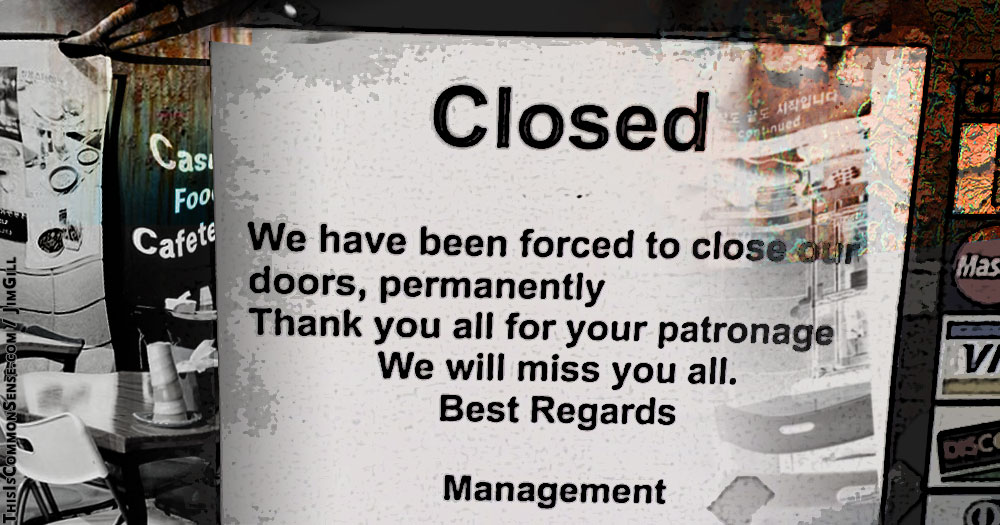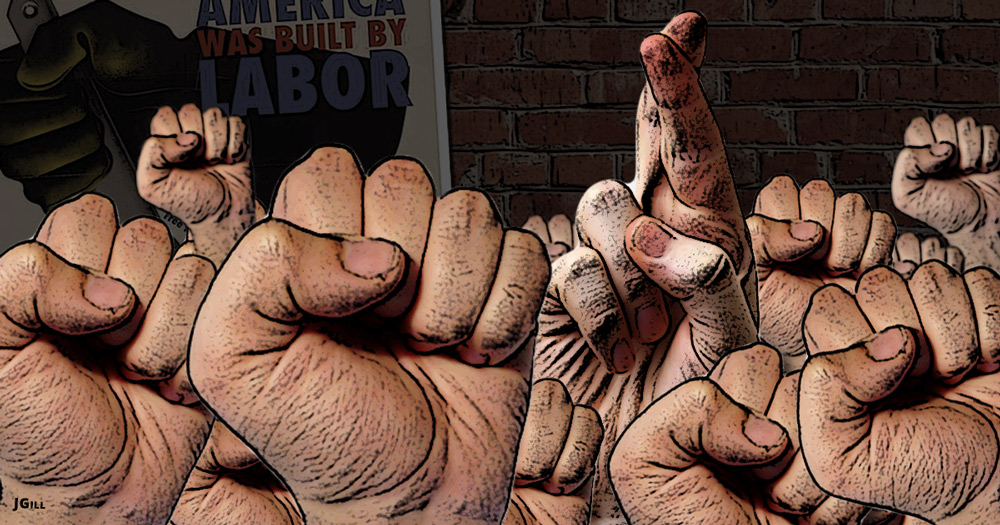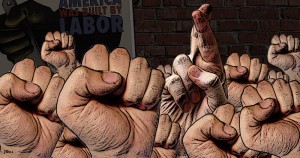Yesterday I made fun of Bernie Sanders’ jobs guarantee idea. Today, let’s take it seriously.
Not as policy, mind you. As propaganda.
It’s not worth talking about as a policy because there is no policy yet. “It is not clear when Sanders will announce the plan,” Fox News relates, “and a Sanders spokesperson told the Post that it was still being crafted.”
It is mere advocacy. A press release. Vaporware.
But that’s the key to it, really. The jobs guarantee isn’t policy.
It’s a ploy.
Bernie Sanders knows there is hardly a hope of passing such a bill. He probably understands that the current fiscal mess precludes it. He might even understand that it is literally a horrible notion, the worst policy idea in the world, and he would still have reason to pitch for it relentlessly.
Because what he is really after is the hiking of the national minimum wage to $15/hr. That is the next Democratic ratcheting up of government. And by insisting that the government guarantee $15/hr jobs, he is readying everyone to accept, as a compromise, the hiking of the minimum wage to that very figure.
Yesterday I noted a link between socialism and slavery. But minimum wages link up not with slavery but unemployment.
Which Bernie knows all too well. Before he got in politics, he was a layabout, a bum.
Not like President Trump at all, that way.
But by fixing on one key, “anchor” concept ($15/hr) and demanding the Moon, he might just get his mere lunacy, er, minimum wage hike.
And that is a Trumpian* ploy.
This is Common Sense. I’m Paul Jacob.
* Though Trump’s better. His “linguistic killshots” are far more memorable . . . because funny and (usually) visual.











